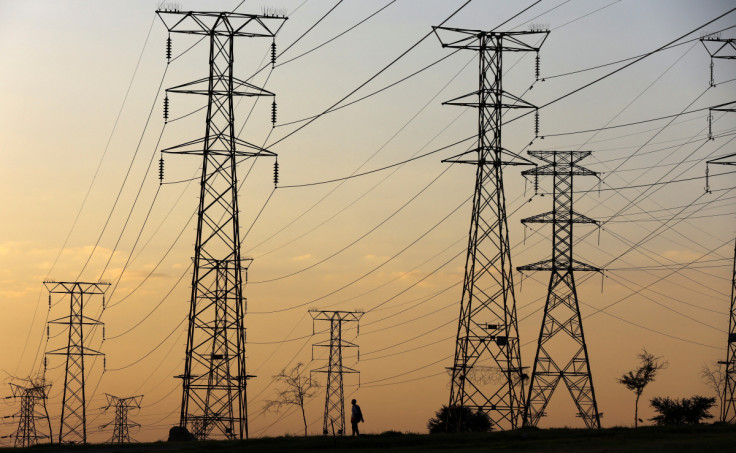City Power To Take Over Load Shedding Operations Formerly Managed By Eskom

City Power, a state-owned power utility in Johannesburg, is all set to take over the load shedding operations that used to be managed by energy company Eskom.
Eskom and City Power issued a joint statement on Tuesday revealing that both companies will "bring changes to the load shedding blocks which will affect the schedule in areas load shed by City Power in Johannesburg and Eskom across Gauteng," according to SA News.
Both entities will reportedly ensure that the security of supply is not compromised as City Power will remain on a two-hour schedule even during Stages 5 and above of load shedding.
"The obligations as outlined in NRS 048-9:2019 are followed and complied with as per distribution licensing conditions to protect the integrity and stability of the national grid even with the effected changes," the companies added.
Tshepisong, Lufhereng (Roodepoort), Hoogland, Maroeladal, Morningside, Riverclub, Dainfern, Bloubosrand, Waterford Estate, Riverbend, Kyasands, Bellairspark (Randburg), Halfway House, Halfway Gardens, Vorna Valley, Willowway (Midrand) and Marlboro Transit Camp (Alexandra) are the areas that will continue to be load shed by Eskom.
"The two entities will keep exploring technical solutions that will enable City Power to take over the load-shedding operations of its remaining customers. City Power has its processes, systems and technical capacity in place to take over the added load-shedding operations as part of the new schedule," they further noted in the statement.
The new schedules and block information for the City Power and Eskom customers will be available on the respective companies' official websites starting on Nov. 6 (Monday). Customers are encouraged to visit www.citypower.co.za and www.eskom.co.za to know their schedules.
The statement said both companies will "continue to partner and collaborate with the communities and stakeholders to ensure that electricity is delivered to all customers," adding that electricity remains an essential service for the citizens.
South Africa has been dealing with electricity issues for a decade now. Eskom, the energy company responsible for providing electricity across the country, uses coal stations to generate 80% of the electricity it supplies.
The joint statement came almost one week after the World Bank approved South Africa's $1 billion loan to deal with the ongoing energy crisis in the country.
Electricity minister Kgosientsho Ramokgopa claimed earlier this week that Africa could produce 50 times more energy than required by 2040, noting that Sub-Saharan Africa's resources had the potential to generate between 5,000 to 13,000 million tons of green hydrogen energy every year.
© Copyright 2026 IBTimes ZA. All rights reserved.





















